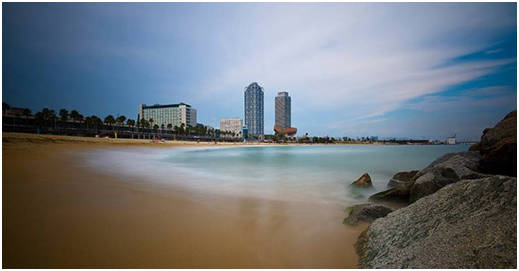
Barcelona has it all! About four million people live in and around the city. Catalans are known for their independent spirit, creativity, hard-working disposition, peaceful and open-minded personality, and sense of humour.
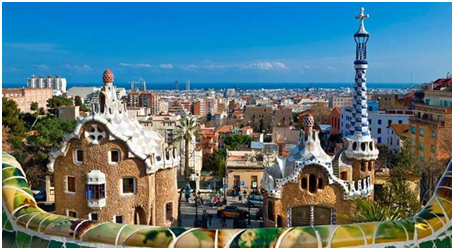
Since its founding, over two thousand years ago, Barcelona has been the traditional gateway to Spain. Three periods in particular have molded Barcelona’s distinctive cityscape in its history:
-
The Roman period, extensive remains of which are present beneath the medieval town center.
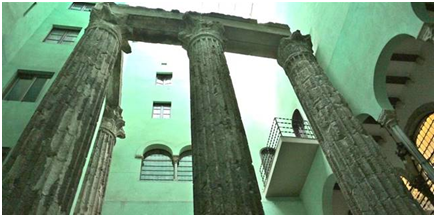
-
The Gothic age, during which the medieval old town around the Cathedral was developed.
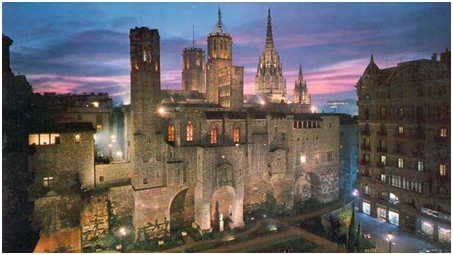
-
The late nineteenth century, when pioneering industrial activities resulted in economic prosperity and made possible the rapid construction of a planned new town. As Spain remained neutral in both world wars, and the Spanish Civil War (1936-39) did not result in large areas of destruction, Barcelona has survived well architecturally. The city is now the center of an important industrial zone. Metal industry, textiles, machinery and automobile manufacture are at the top of the list. The port is one of the most actives of the Mediterranean. Commerce far outweighs industry, both wholesale and retail trading. The service sector has developed into one of enormous significance in the last decades.
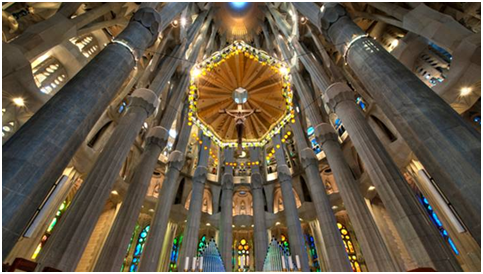
-
The Barcelona we enjoy today is a new Barcelona, a vibrant and captivating European capital shaped by the ’92 Olympics, Mediterranean in keeping with its traditions, with its face to the sea and its arms open to other cultures and people.
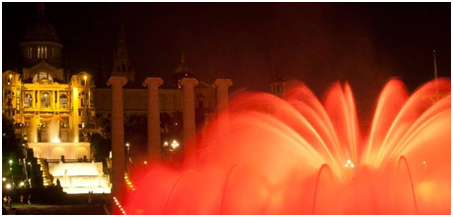
Barcelona is the only European capital with over four kilometres of beaches where you can enjoy the most modern amenities, the beaches are not far form Barcelona's historical and cultural landmarks, and they have opened up our modern and cosmopolitan city to the sea.
